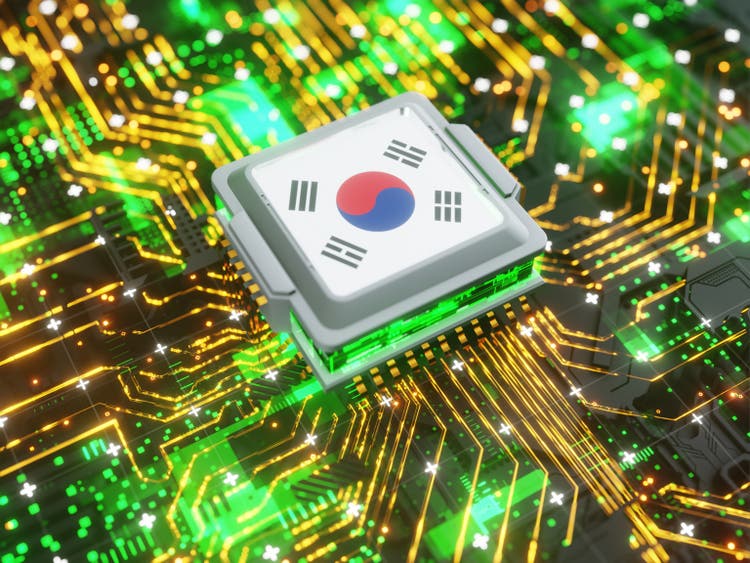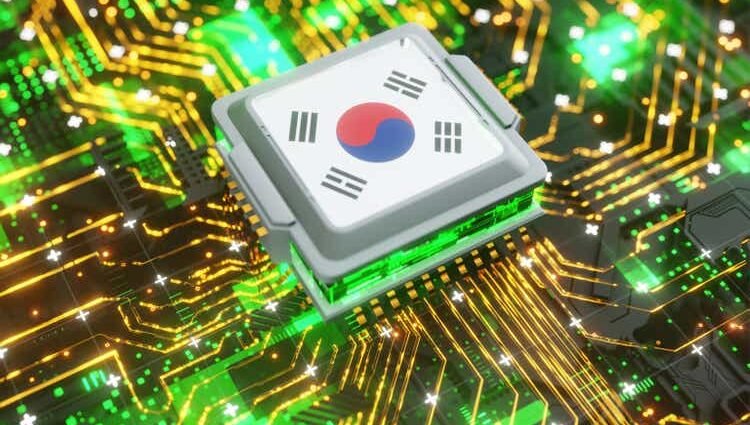
hh5800
South Korea will start granting aid to chip manufacturers from its 26T won (about $19B) package from July to boost domestic semiconductor manufacturing, Bloomberg News reported.
The Asian country will start with an 18T won package, which includes loans and investment capital. In July, eligible companies can be part of a 17T won loan program at the lowest interest rates, the report added citing, the country’s finance ministry.
The government will also help establish two funds of 1.1T won in total. The smaller fund will pool 300B won by 2025 and start investing from next month in domestic manufacturers of chipmaking gear and materials.
The Korean government will expand tax incentives to eligible companies by another three years. It is also thinking of extending the scope of beneficiaries to include makers of chip materials, parts and equipment producers.
Last month, it was reported that the South Korean government was planning to set up an aid package for chip investments and research worth over 10T won (about $7.3B). In January, South Korean President Yoon Suk Yeol had said that he would extend tax credits on investments in the local semiconductor industry to boost employment and woo talent.
The U.S., China, the EU and Japan are among countries and regions which have stepped up efforts to boost domestic chip manufacturing to stay ahead in the artificial intelligence, or AI, race.
The U.S. and its allies including the Netherlands, Germany, South Korea and Japan have been tightening curbs on China’s s access to advanced semiconductor technology.
The U.S. want South Korea to curb the flow of equipment and technologies for making high-end logic and memory chips to China. SK Hynix and Samsung Electronics (OTCPK:SSNLF) help make South Korea the world’s largest producer of memory chips. The government is now investing $470B to set up a semiconductor ‘mega cluster’ outside Seoul which will act as the center of its chip industry.
China has set up a 344B yuan ($47.5B) investment fund to boost its semiconductor industry. The investment push comes amid U.S. curbs aimed at restricting China’s access to advanced chips and equipment, including those used for making AI products.
Under the CHIPS Act — which aims to increase U.S. semiconductor manufacturing and research, especially in advanced semiconductors — several companies have inked preliminary agreements with the U.S. Department of Commerce to get funds.
Intel (INTC) was awarded nearly $20B in grants and loans, award Micron Technology (MU) with $6.1B in grants, Taiwan Semiconductor Manufacturing (TSM) with up to $11.6B in grants and loans, and Samsung with up to $6.4B in grants.
Generative AI services have become the talk of the town since the launch of Microsoft (MSFT)-backed OpenAI’s ChatGPT in 2022. Globally, companies have launched their own large language models, or LLMs, which can provide services such as content, image, video and voice generation, to name a few.










